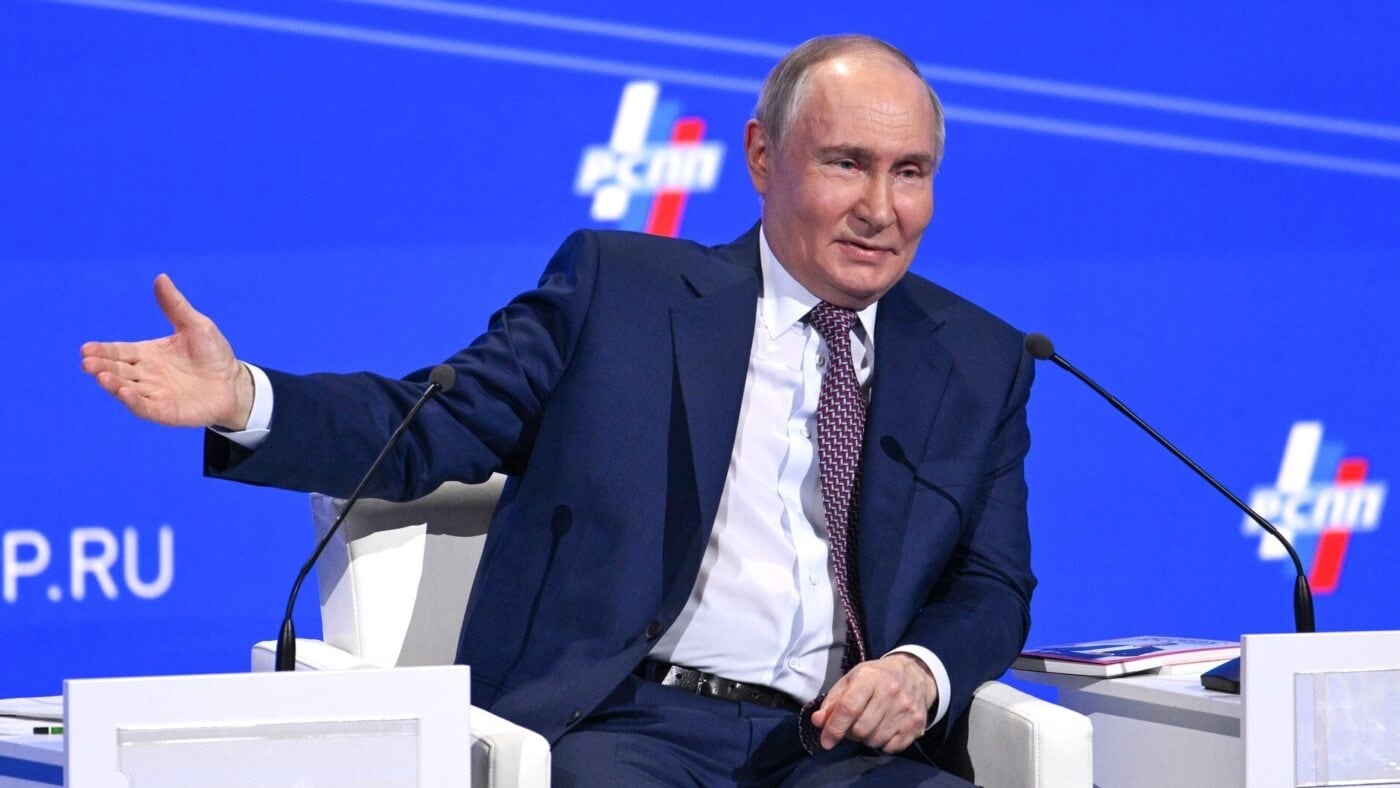Keir Starmer and David Lammy face a foreign policy landscape in flux. The West is facing new challenges, as old alliances break down.
France is cutting deals with Denmark to protect Greenland from potential US encroachment while the Hungarians work to undermine the EU’s next round of sanctions against Russia. The post-Cold war order is in tatters – history has restarted, as Francis Fukuyama might say.
And yet, the West’s main tool for defending its interests – sanctions – is still stuck in the past. Supposedly allied countries pursue wildly different strategies, with increasingly limited coordination. This gives sanctioned regimes an easy route to shirk the consequences of flouting international law.
But, as we at the Adam Smith Institute have highlighted, Britain has an opportunity to change that.
Freshly autonomous in our foreign policy post-Brexit, we are uniquely placed to shore up liberal democracy. We can leverage our historical experience, diplomatic leadership and legal credentials to forge a cohesive sanctions framework that unites Europe, the US and the broader Western alliance.
Russia is perhaps the clearest example of where a new sanctions policy could have a real impact. While we have shown impressive leadership in Ukraine, our sanctions policy has failed to fulfil its potential. Indeed, in 2023 and 2024, Russia’s economy grew at a faster rate than the UK’s – hardly a ringing endorsement of our sanctions policy.
But it doesn’t have to be this way. Rather than blocking them altogether, we could force sanctioned Russian assets to be reinvested into the UK economy. This means channelling capital into sectors that desperately need investment (under strict legal safeguards that break any ties to the original source). Even if autocrats do respond with capital controls to block the outflow, we’ve still disrupted their ability to fund aggression – and dealt a huge blow to business confidence in the regime.
Even the most self-interested governments could get behind this model. Sanctions wouldn’t just punish adversaries – they’d enrich the countries imposing them. By redirecting hostile capital into sanctioning regimes, we flip the logic, turning sanctions into a driver of growth rather than a burden. It’s a model that could appeal even to Donald Trump’s hard-nosed, ‘America First’ administration.
Real leadership means bridging the transatlantic divide. The US often acts alone, wielding sanctions through dollar dominance. Meanwhile, the EU struggles to move at the pace of its slowest member. Britain, historically a transatlantic bridge, can offer a unifying framework that marries American financial clout with European multilateralism.
Britain’s trump card is the rule of law. By providing clear rules for businesses and fair, legally sound off-ramps for those unjustly sanctioned, we can build a sanctions regime that holds up under scrutiny. That’s a sharp contrast to today’s opaque systems, where investors trying to disengage from sanctioned regimes often face arbitrary hurdles that make little strategic sense.
As the US retreats from its traditional leadership role on the world stage, the West is in search of direction. Britain – armed with centuries of diplomatic experience, from Napoleonic blockades to modern economic statecraft – is ready to step up.
To make this work, Starmer must act with urgency. He should pilot the reinvestment model at home, demonstrate that it works, then take it globally.
By aligning sanctions with market incentives, Britain can prove that economic strength and moral clarity aren’t mutually exclusive.
Click here to subscribe to our daily briefing – the best pieces from CapX and across the web.
CapX depends on the generosity of its readers. If you value what we do, please consider making a donation.


